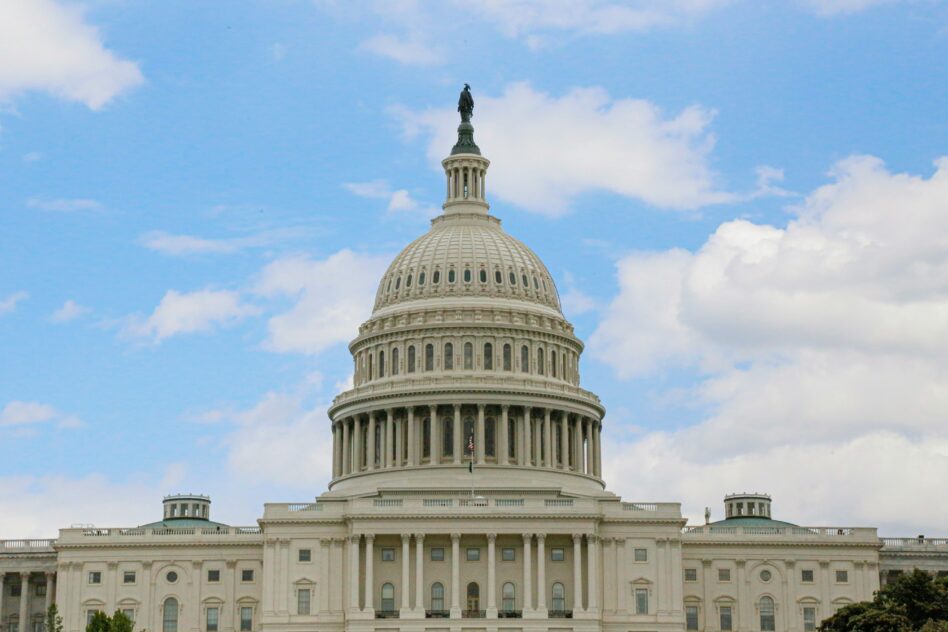The US is headed for a uranium shortage in the not-too-distant future, and it’s going to take significant investment to make sure that utilities have easy access to the supply they need to keep reactors ticking far into the future.
The Senate recently passed a bill including $2.7B for domestic uranium enrichment, an important piece of that supply chain. If the bill is passed and signed into law, those funds would go toward expanding the US’ ability to process its own nuclear fuels for both light-water and advanced reactors.
Not quite wrapped up: The funding for uranium enrichment is buried within a much larger, $95.3B national security appropriations bill. Most of those funds are dedicated to aid for Ukraine and Israel (famously uncontroversial).
Now the challenge is getting the bill to the president’s desk. It had a hard time in the Senate, where it was held up in debates before passing 70-29, and it’s destined for an even tougher discussion in the House if it gets put to a vote.
- For what it’s worth, the funding for uranium enrichment wasn’t a sticking point in the prolonged discussion of the bill.
The bill states that the $2.7B will be reallocated from unused 2022, 2023, and 2024 funding to carry out the Nuclear Fuel Security Act of 2023 by establishing new programs. The bill would also continue existing programs to expand the production of low-enriched uranium (LEU) and high-assay low-enriched uranium (HALEU), essential reactor fuels.
Crunch time: As the US eyes the expansion of its nuclear fleet and considers new advanced reactor designs, the availability of usable fuel is a key issue. Already, the world consumes ~40-50M lbs more uranium per year than it mines, according to Madison Metals CEO Duane Parnham. Stockpiles have made up that gap in the past, but that won’t last forever.
“With all of the new demand coming in, there’s going to be a huge deficit of uranium in the next number of years,” Parnham told Ignition. “And it’s definitely going to put a lot of pressure on the Madison Metals of the world and the other miners to start producing their product a lot sooner.”
And the crunch isn’t just on the extraction side. Mined uranium that has gone through a conversion process still needs to be enriched before it can be used as fuel in a reactor.
- Until recently, there was…wait for it…one commercially operating uranium enrichment site in operation in the US, trucking along in Eunice, NM.
- A second, operated by American Centrifuge Operating (ACO), received a license from the NRC in June and started producing HALEU in Piketon, OH, last October.
What now? The bill including $2.7B for uranium enrichment passed the Senate on Feb. 13, and now it’s up to the House to decide whether it moves forward. More specifically, it’s up to House Speaker Mike Johnson (R-LA) to bring it to a vote, or leave Democrats to try to force one.
Lead Reporter of Ignition




